News
-
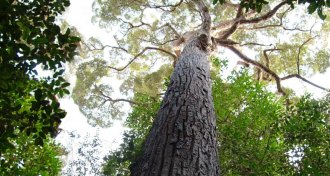 Ecosystems
EcosystemsTrees’ growth keeps climbing with age
Older trees pack on weight faster, making them potentially the best carbon collectors.
By Meghan Rosen -
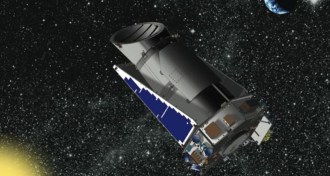 Astronomy
AstronomyKepler’s surprise: Planet hunter also found supernovas
NASA's now-defunct Kepler space telescope captured five stellar explosions as they happened.
By Andrew Grant -
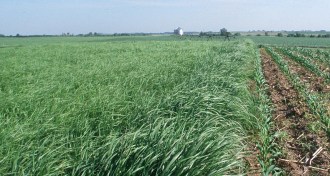 Agriculture
AgricultureSome bioenergy crops are greener than others
In the Upper Midwest, switchgrass trumps maize at boosting ecological health.
By Beth Mole -
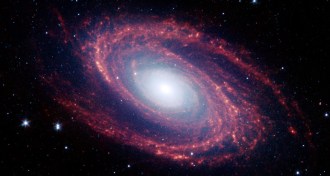 Astronomy
AstronomyGalaxies’ missing mass may hide in gas clouds
Vast reservoirs of previously undetected gas could account for much of galaxies’ matter, solving a cosmic mystery.
-
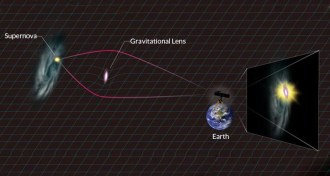 Astronomy
AstronomyEnormous cosmic lens magnifies supernova
Galaxy warps light of distant exploding star, greatly increasing its brightness.
By Andrew Grant -
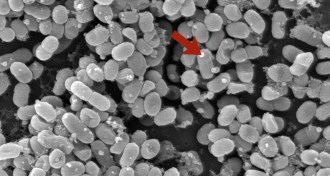 Life
LifeMarine microbes shed packets of DNA, nutrients
The world’s most abundant marine microorganism, the photosynthetic bacteria Prochlorococcus, spits out nutrient-rich vesicles into ocean waters, perhaps for genetic exchange or as a survival mechanism.
-
 Neuroscience
NeuroscienceA schizophrenia drug turns on protein factories in cells
Haloperidol reshapes neurons, which might explain how the medicine works.
-
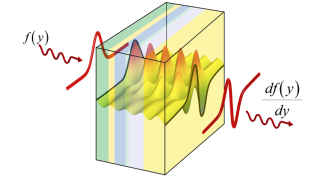 Computing
ComputingMaterials’ light tricks may soon extend to doing math
A simulation paves the way toward metamaterials that can perform ultrafast complex mathematical operations using light waves.
-
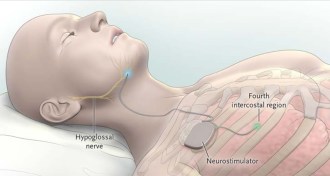 Health & Medicine
Health & MedicinePacemaker treats sleep apnea
Experimental device works for many patients who can’t use breathing machines.
By Nathan Seppa -
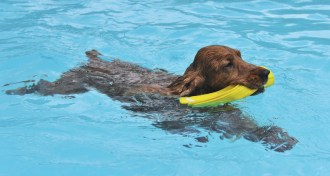 Animals
AnimalsDog-paddle science debunks notion of underwater trot
From Newfoundlands to Yorkshire terriers, canines swim with similar, distinctive gait.
By Susan Milius -
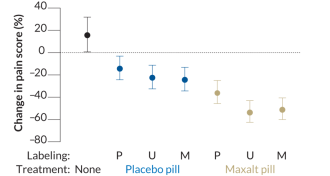 Psychology
PsychologyMigraines respond to great expectations
Patients get more pain relief from drug and placebo labeled as headache busters than from those labeled as dummy pills.
By Bruce Bower -
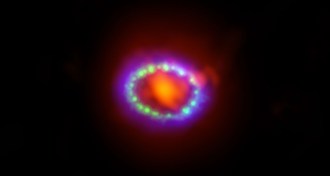 Astronomy
AstronomySupernova is a dust factory
Grains of matter spewed by stellar explosion offer clues to early star formation.
By Andrew Grant